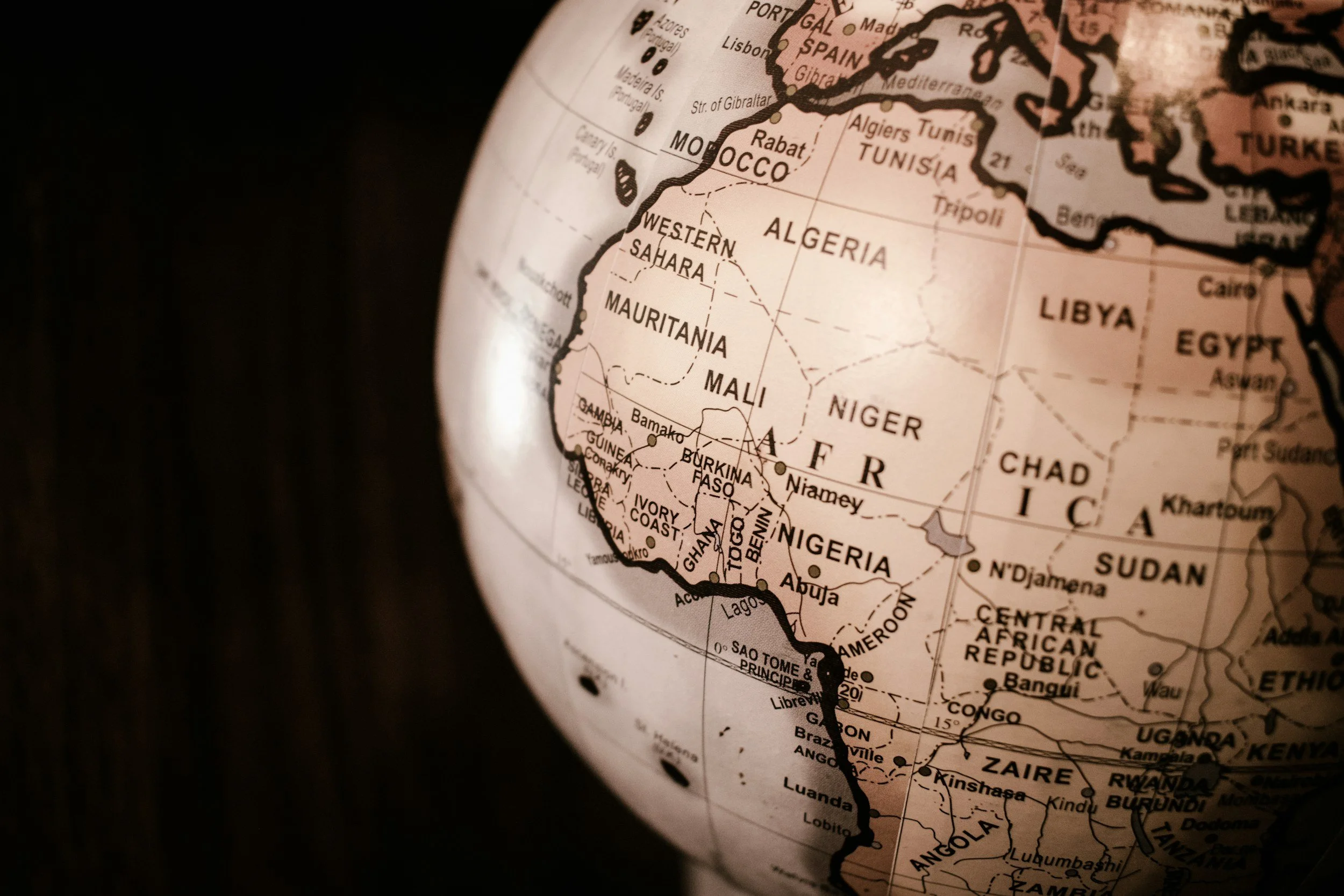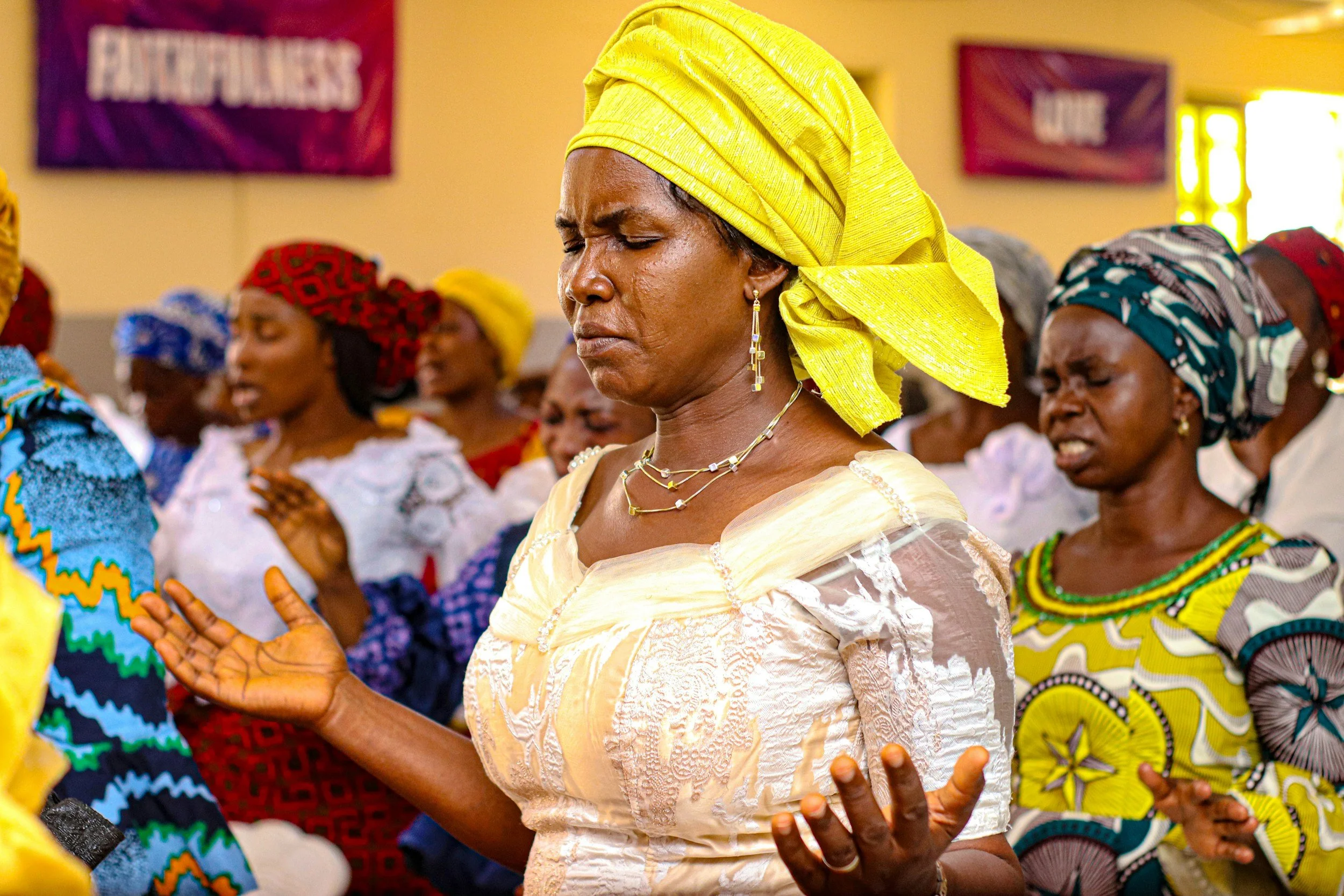Nigeria’s Christians Are Under Siege. The US Must Name the Crisis—Now.
The US regards Nigeria as an important security cooperation partner, including more than half a billion in foreign military sales to the country. According to the State Department this is due to “Nigeria’s status as Africa’s most populous country, largest economy, and our shared democratic values.” The Trump administration’s commitment to those values is being tested as the Abuja fails to stop the slaughter of innocent Christians and the State Department fails to adequately respond.
In mid-June, some 200 Christians were massacred in Yelwata, Benue State Nigeria. The nighttime attack left families decimated, homes torched, and survivors traumatized. It was the latest in a grim pattern of violence targeting Christian communities in Nigeria’s Middle Belt—an area where religious extremism, state failure, and resource conflict converge with deadly consequences.
While the Nigerian government struggles to contain the bloodshed, U.S. policy has remained unacceptably passive. The State Department’s most recent omission of Nigeria from its Countries of Particular Concern list sent a damaging signal. For the first time in years, the department failed to release the list at all last December, depriving Congress and advocates of an important tool in holding regimes and states accountable for religious persecution.
More troubling is the Biden administration’s framed Nigeria’s violence as chiefly a product of climate change. While climate factors such as drought and land scarcity can contribute to tension, they do not explain the systemic, targeted killing of Christian worshipers, pastors, and entire villages.
The Trump administration must reverse US policy of explaining away the killing of Christians as the inevitable effect of global climate change and other problems. More of the same would embolden perpetrators, dishearten the persecuted, and further destabilize the region.
According to watchdog organizations, Nigeria remains the deadliest country in the world for Christians, with thousands of believers killed in 2022 alone. These are not accidental casualties of resource conflict; they are victims of sustained, ideologically motivated persecution.
Despite the staggering loss of life, grassroots groups like Christian Freedom International (CFI) are stepping in where government and international support have failed. CFI trains widows and displaced families—many of whom lost fathers and husbands in attacks—to build small businesses and become self-sufficient. Their work is not only restorative; it is a bulwark against despair and radicalization.
Many of the more than 100 Christians killed in the Yelwata attack were internally displaced persons (IDPs) sheltered at St. Joseph's Catholic mission, a parish facility affiliated with the Diocese of Makurdi. Last week the killing evoked an urgent plea from the U.S. Commission on International Religious Freedom (USCIRF). In a public statement, USCIRF reiterated its call for the State Department to designate Nigeria as a Country of Particular Concern (CPC), citing “systematic, ongoing, and egregious attacks” on both Christians and Muslims.
USCIRF Chair Vicky Hartzler warned that U.S. foreign assistance should “efficiently and effectively support efforts to protect religious freedom.” Commissioner Mohamed Elsanousi emphasized the need for “conflict resolution and enhanced security sector training.” In short: U.S. policy must change because the status quo is failing.
In March, Rep. Chris Smith (R-N.J.) convened a House hearing on Nigeria. One of the most powerful testimonies came from Bishop Wilfred Anagbe, Catholic Bishop of Makurdi. He described churches set ablaze, Christians butchered in their homes, and entire communities fleeing in fear. Bishop Anagbe’s testimony was not just courageous—it was heroic. By speaking before Congress, he likely jeopardized his own safety and may have sparked retaliation on his people. His courage should be met with courage.
Secretary of State Marco Rubio, recently appointed to oversee international religious freedom policy, should:
1. Immediately resume and publish the CPC list—starting with Nigeria. Religious persecution of this scale demands clear and public condemnation.
2. Leverage U.S. foreign assistance to press the Nigerian government to end impunity through investigations, prosecutions, and protections for Christian communities.
3. Ensure that restructured international aid supports conflict prevention strategies like CFI’s work with widows turned breadwinners.
The Trump administration, Congress, and the Supreme Court have all recently backed religious liberty initiatives at home. This helps project peace through the strength of a good example. But for Bishop Anagbe, for the widows in Makurdi, for the children sleeping in IDP camps tonight a good example is welcome but not enough. Secretary Rubio should not wait for another list cycle but rather act now.


